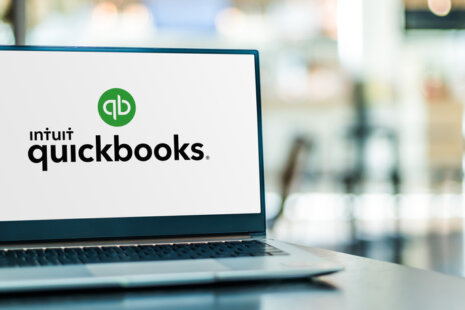Whether you have to pay taxes in your first year of business depends on several factors, including the type of business entity, your business’s income, deductions, credits, and other tax-related circumstances.
Here are some key points to consider…
- Taxable Income – If your business generates taxable income during its first year of operation, you may have to pay taxes on that income. Taxable income is generally calculated by subtracting allowable deductions from your business’s gross income.
- Type of Entity – The tax implications for your business will depend on its legal structure. For example:
- Sole proprietorships, partnerships, and certain types of LLCs are generally considered “pass-through” entities, meaning that profits and losses are passed through to the owners’ personal tax returns. In this case, you may have to pay taxes on your share of the business’s profits, even in the first year.
- C corporations are taxed separately from their owners, and the corporation may owe taxes on its profits. Newly formed C corporations may qualify for certain tax incentives or exemptions, depending on their specific circumstances.
- Deductions and Credits – Your business may be eligible to claim deductions for various business expenses incurred during its first year of operation, such as startup costs, equipment purchases, rent, utilities, and business-related travel. Certain tax credits may be available to offset your tax liability.
- Estimated Taxes – If your business expects to owe a certain amount of tax for the year, you may be required to make estimated tax payments throughout the year. Estimated tax payments are typically made quarterly and are based on your projected income and tax liability.
- Tax Exemptions and Incentives – Depending on your business’s location, industry, and specific circumstances, you may qualify for certain tax exemptions, incentives, or credits designed to encourage business growth and economic development.
It’s important to consult with a tax professional or accountant to understand your business’s tax obligations and ensure compliance with IRS tax laws and regulations. Proper tax planning and record-keeping can help you minimize your tax liability and avoid potential tax-related issues or penalties.




